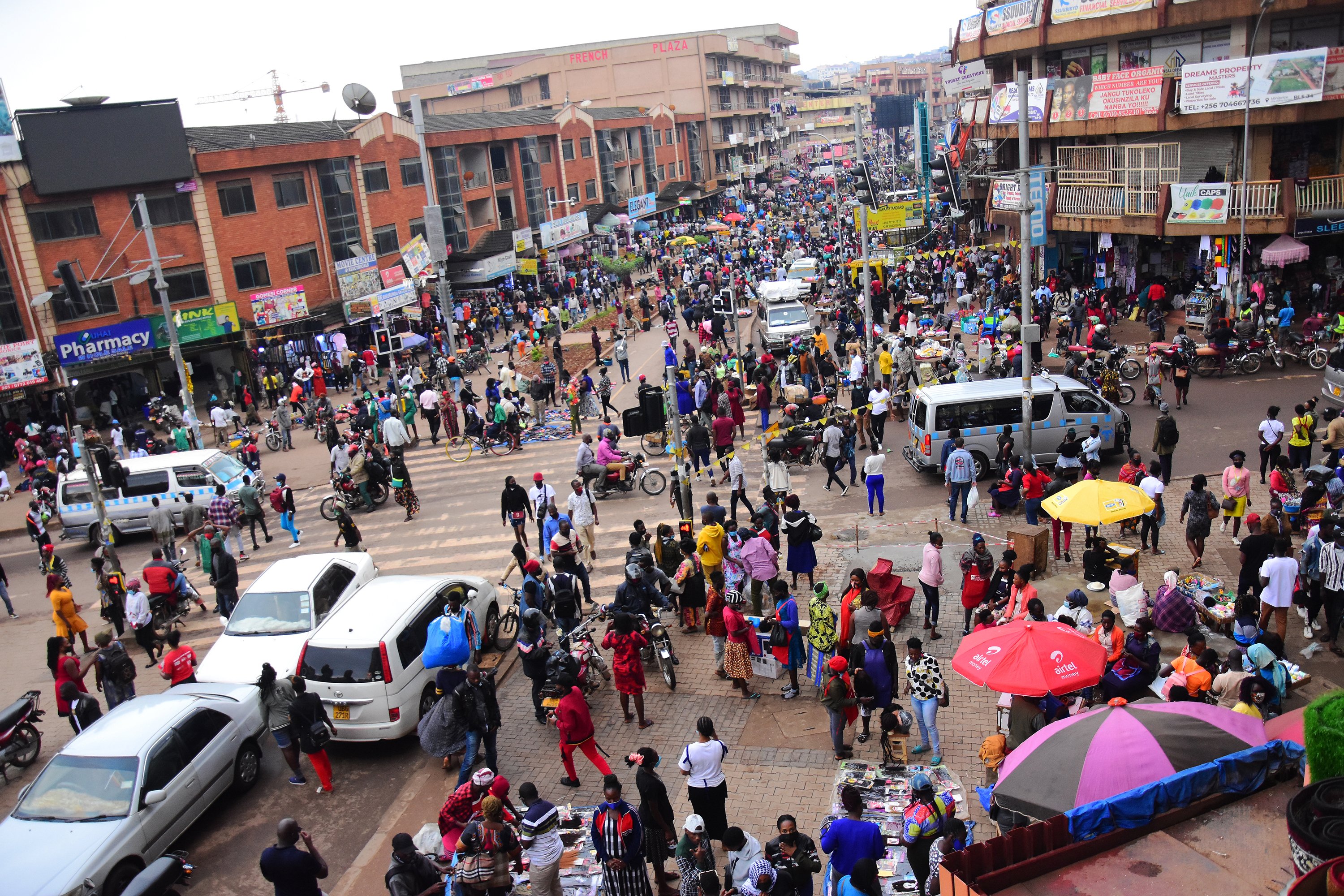Staffing levels dip, push down Uganda’s PMI to 51.5 - Survey

Significant uncertainties continue surrounding the economic outlook of Uganda as the economy emerges from the second lockdown. PHOTO/MICHEAL KAKUMIRIZI
What you need to know:
- Purchase prices were higher for a range of materials including cement, food products, fuel and stationery which reportedly drove ongoing purchase cost inflation at the end of 2021, according to the survey.
Although Stanbic’s Purchasing Managers’ Index reveals that December 2021 registered further increase in output and new orders in the Uganda private sector products as demand improves, the headline Purchasing Managers’ Index declined to 51.5 in December down from 54.1 in November due fall in employment rate.
Despite the decline in the headline Purchasing Managers’ Index (PMI) in the country, the report maintains that during the month, total output in Ugandan companies posted a rise in output for the fifth successive month during December, with increases in activity generally reflecting higher customer numbers and improving demand.
The Purchasing Managers’ Index (PMI) is an index of the prevailing direction of economic trends in the manufacturing, agriculture service sectors among others.
The PMI is a measurement of economic activity, based on how many purchasing managers in particular industries say there has been an increase in activity in the past month.
It provides timely and reliable indicators for both business leaders and policy makers to make relevant decisions that positively impact their organisations and the entire economy.
The survey (PMI) which was released on January 5, shows employment decreased in December following a rise in November and that high price pressures were evident in the period.
The PMI shows that staffing levels dropped in the Ugandan private sector during December, having risen for the first time in six months in November.
“Some panellists reduced staffing levels to limit costs, outweighing hiring at other firms in response to higher new orders. Workforce numbers decreased in the industry, services and wholesale & retail categories,” the PMI report states.
The PMI further reveals that staff costs decreased during December, having increased for the first time in six months in November.
“Staff costs rose in the agriculture sector, but declines were signalled in construction, industry, services and wholesale & retail,” the report reads.
The survey has revealed that purchase prices were higher for a range of materials including cement, food products, fuel and stationery which reportedly drove ongoing purchase cost inflation at the end of 2021.
Fully reopening
The government has said it will be fully opening the economy on January 24 2022, a move which is boosting private sector investment confidence.



